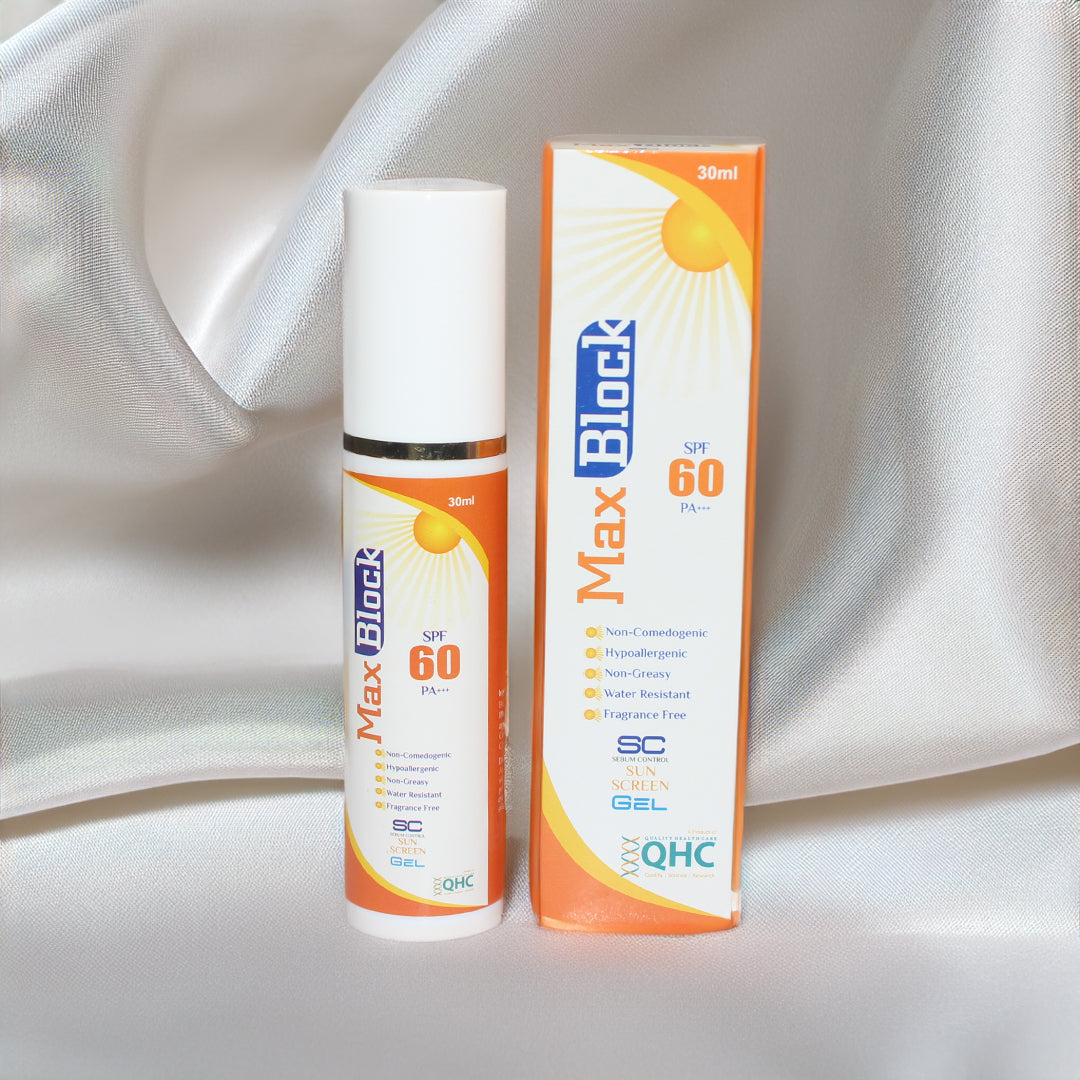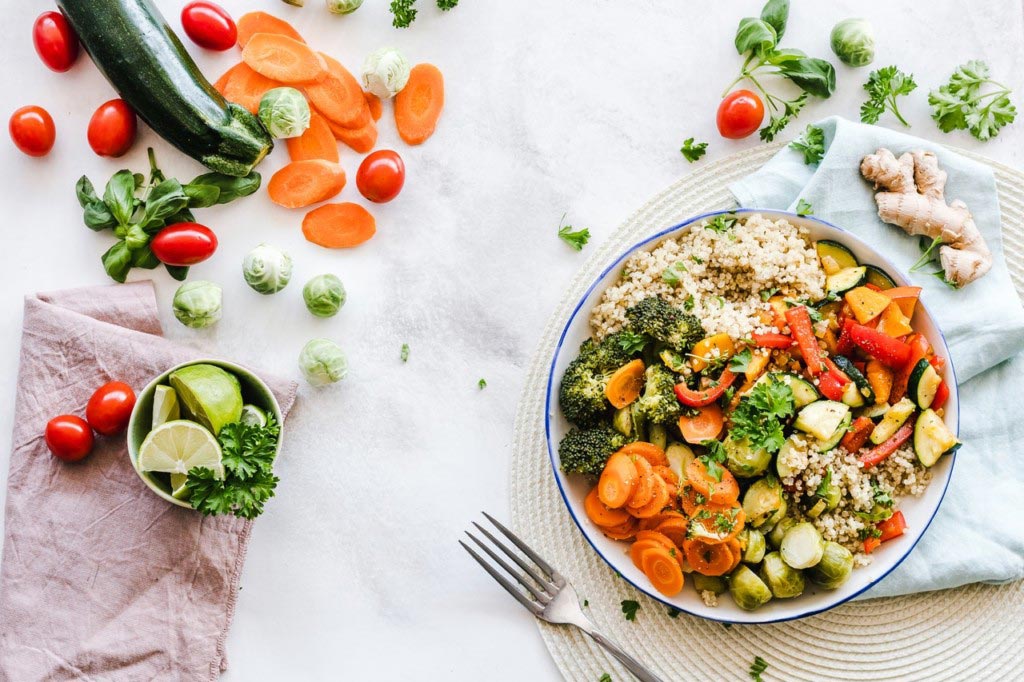The Best Sunblock in Pakistan – Choose the Right Protection for Healthy Skin
Introduction
In Pakistan, sun exposure is high throughout the year, making sunblock an essential part of skin care. Sunblock helps protect skin from the sun’s harmful rays, reducing the risk of sunburn premature aging, and skin damage. Choosing the best sunblock can make a big difference in keeping your skin healthy and glowing. This article will explore the best sunblock in Pakistan their benefits and tips for choosing the right one.
Why Is Sunblock Important?
Sun exposure can have negative effects on the skin. While some sun exposure provides vitamin D, too much can lead to skin damage. Here’s why using sunblock is essential:
- Prevents Sunburn: Sunburn is painful and damages the skin’s outer layers.
- Reduces Skin Cancer Risk: Prolonged sun exposure without protection increases the risk of skin cancer.
- Prevents Premature Aging: UV rays can cause wrinkles, dark spots, and fine lines.
- Maintains Skin Tone: Sunblock helps prevent uneven skin tone and hyperpigmentation.
Using sunblock daily helps protect the skin from these issues and keeps it healthy.
Types of Sunblock
Sunblocks come in different types, each suited for different skin needs. Here are the common types of sunblock:
1. Physical Sunblock
Physical sunblocks, also known as mineral sunblocks, contain ingredients like zinc oxide and titanium dioxide. These ingredients create a physical barrier on the skin that reflects UV rays.
Benefits of Physical Sunblock
- Works immediately after application.
- Less likely to cause skin irritation.
- Provides broad-spectrum protection.
2. Chemical Sunblock
Chemical sunblocks absorb UV rays and convert them into heat, which is then released from the skin. Common ingredients include avobenzone, octinoxate, and oxybenzone.
Benefits of Chemical Sunblock
- Lightweight and easy to apply.
- Doesn’t leave a white cast on the skin.
- Suitable for daily wear under makeup.
3. Broad-Spectrum Sunblock
Broad-spectrum sunblocks protect against both UVA and UVB rays. UVA rays cause aging, while UVB rays cause burning. A broad-spectrum sunblock offers complete protection from both.
Benefits of Broad-Spectrum Sunblock
- Prevents both sunburn and aging.
- Provides more comprehensive sun protection.
- Recommended for daily use in sunny climates.
How to Choose the Best Sunblock for Your Skin
Selecting the right sunblock depends on your skin type, lifestyle, and personal preferences. Here are some tips to help you choose the best sunblock in Pakistan.
1. Consider Your Skin Type
Different sunblocks work better for different skin types:
- Oily Skin: Look for non-comedogenic, oil-free sunblocks.
- Dry Skin: Choose moisturizing sunblocks with hydrating ingredients.
- Sensitive Skin: Physical sunblocks with fewer chemicals are ideal.
2. Check the SPF Level
SPF, or Sun Protection Factor, measures how well the sunblock protects against UVB rays. Here’s a quick guide:
- SPF 15: Blocks about 93% of UVB rays.
- SPF 30: Blocks around 97% of UVB rays, suitable for daily use.
- SPF 50: Blocks about 98% of UVB rays, ideal for prolonged outdoor activities.
3. Choose Broad-Spectrum Protection
For complete protection, choose a broad-spectrum sunblock that shields against both UVA and UVB rays. This helps prevent sunburn and skin aging.
4. Look for Water-Resistant Options
If you sweat or swim, a water-resistant sunblock will last longer and maintain protection. Water-resistant sunblocks are ideal for outdoor activities.
5. Avoid Harmful Ingredients
Some sunblocks contain ingredients that can irritate the skin. Avoid sunblocks with fragrances, alcohol, or harsh chemicals if you have sensitive skin.
How to Use Sunblock for Maximum Protection
Applying sunblock correctly is just as important as choosing the right one. Follow these steps to get the most out of your sunblock:
- Apply Generously: Use a sufficient amount to cover all exposed skin. Most people need about a teaspoon of sunblock for the face and about an ounce (shot glass) for the body.
- Apply 15 Minutes Before Sun Exposure: This gives the sunblock time to absorb into the skin.
- Reapply Every 2 Hours: Sunblock wears off over time, so reapply every two hours, especially if you’re outdoors.
- Reapply After Swimming or Sweating: Water-resistant sunblocks still need reapplication after water exposure.
- Use Daily: Even on cloudy days, UV rays can reach the skin. Make sunblock a part of your daily routine.
Benefits of Using Sunblock Daily
Using sunblock regularly offers several benefits beyond sunburn prevention:
- Maintains Youthful Skin: Sunblock helps prevent signs of aging, like wrinkles and dark spots.
- Reduces the Risk of Skin Cancer: Sunblock lowers the risk of developing skin cancer by protecting against harmful UV rays.
- Prevents Hyperpigmentation: Sun exposure can cause dark spots. Sunblock helps keep your skin tone even.
- Enhances Skin Health: Daily sunblock use maintains the skin’s health by protecting it from harmful environmental effects.
- Boosts Confidence: Healthy skin can boost self-confidence, making you feel good about your appearance.
Choosing Sunblock Based on Pakistani Weather Conditions
Pakistan has a warm climate with strong sun exposure in most regions. When selecting a sunblock, consider these weather factors:
1. High SPF for Summer
Summers in Pakistan can be intense, with high temperatures and strong sun rays. Using a sunblock with SPF 50 or higher provides added protection during hot months.
2. Lightweight Formulas for Humid Areas
Some regions, like Karachi, have humid weather. Lightweight, non-greasy sunblocks work well in humid climates, keeping your skin comfortable and protected.
3. Moisturizing Sunblocks for Dry Regions
In areas with dry climates, like Quetta, a moisturizing sunblock helps prevent dryness while protecting the skin.
4. Year-Round Protection
Sunblock isn’t just for summer. Even in cooler months, UV rays can harm the skin. Use sunblock throughout the year, especially in sunny regions.
Myths About Sunblock
There are several myths surrounding sunblock use. Let’s debunk some common ones:
Myth 1: You Only Need Sunblock on Sunny Days
Fact: UV rays can penetrate clouds, so using sunblock is essential, even on cloudy days.
Myth 2: Dark Skin Doesn’t Need Sunblock
Fact: While darker skin has more melanin, it can still be damaged by UV rays. Everyone should use sunblock.
Myth 3: High SPF Means You Don’t Need to Reapply
Fact: No matter the SPF level, sunblock should be reapplied every two hours for continued protection.
Myth 4: One Application a Day Is Enough
Fact: Sunblock wears off due to sweat, water, and daily activities. Reapply every two hours for maximum protection.
Recommended Sunblock Application for Different Skin Types
Different skin types benefit from specific application techniques. Here’s how you can make the most of your sunblock based on skin type:
Oily Skin
- Choose a gel-based, non-comedogenic sunblock.
- Avoid greasy sunblocks that can clog pores.
Dry Skin
- Use a moisturizing sunblock with hydrating ingredients.
- Reapply often to maintain hydration.
Sensitive Skin
- Opt for fragrance-free, hypoallergenic sunblocks.
- Physical sunblocks with natural ingredients work well for sensitive skin.
Acne-Prone Skin
- Look for lightweight, oil-free sunblocks that don’t clog pores.
- Gel-based sunblocks are ideal for acne-prone skin.
Final Thoughts
Sunblock is a must-have product for anyone living in Pakistan. The strong sun exposure requires effective protection to maintain skin health. Choosing the best sunblock depends on your skin type, lifestyle, and the SPF level needed. Using sunblock daily keeps your skin youthful, reduces the risk of sunburn and skin cancer, and promotes even skin tone. Make sunblock a regular part of your routine to enjoy healthy, glowing skin all year round.














Post Comment